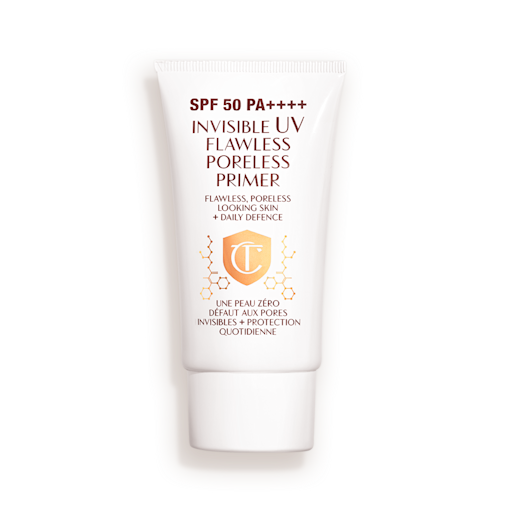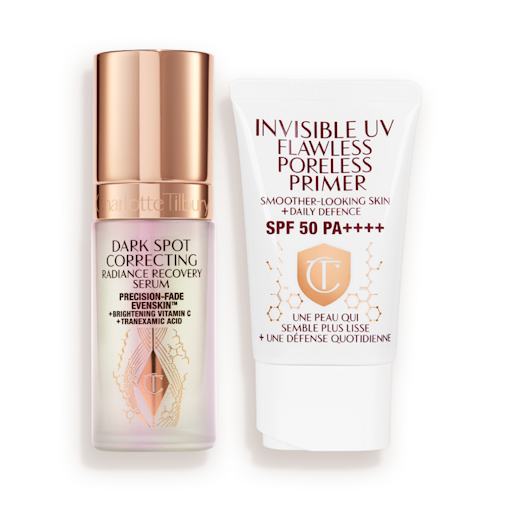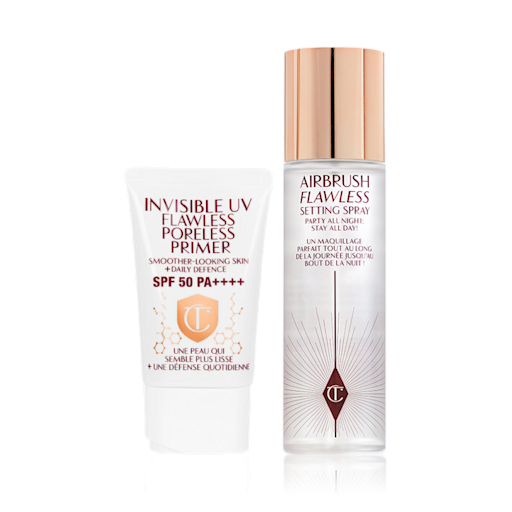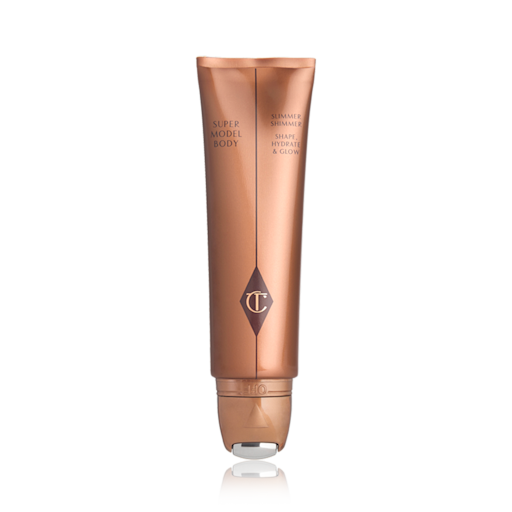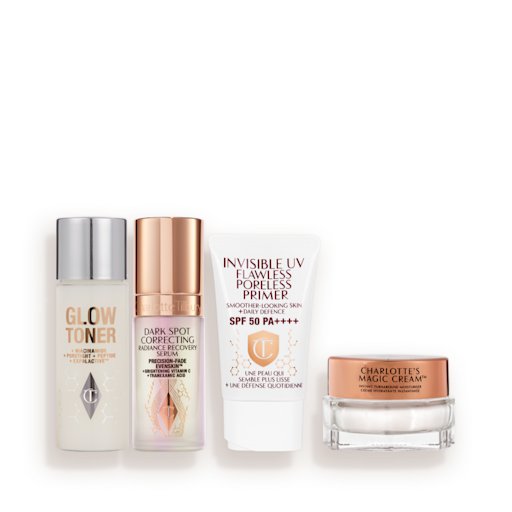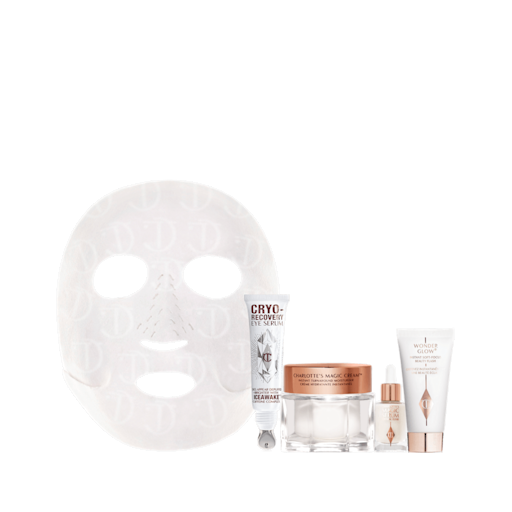Setting boundaries
A 2003 study observed accounting professionals and identified three groups: those who prioritised family, those who balanced both equally and those who focused more on work. The study found that those who prioritised family had the highest quality of life, while those who focused more on work had the lowest. Therefore, creating clear boundaries between work and personal time is vital for maintaining a healthy balance. This involves setting specific work hours, turning off work-related notifications after hours, and establishing a dedicated workspace at home. Delegating tasks when possible and sharing responsibilities can significantly lighten your load. Additionally, setting realistic goals is crucial, as it helps manage expectations and prevents feelings of overwhelm. It's important to confine work to its designated time frame and focus on family and personal life during the remaining hours.
Prioritise your tasks and take regular breaks
Workplace stress is a common issue that can negatively affect productivity and personal wellbeing. Effective time management, which includes prioritising tasks and taking regular breaks, may reduce stress. Short breaks during the day allow for mental rejuvenation, while effective communication with colleagues and supervisors can address workload concerns before they escalate. Maintaining an organised work environment also contributes to a sense of control and calm, further reducing stress.
Practice self-care and breathe
Prioritise self-care by incorporating relaxation techniques like deep breathing, meditation, and yoga into your daily routine. These practices activate the parasympathetic nervous system, reducing stress and promoting calm. Don't neglect your wellbeing—eat nutritiously, get enough sleep, and exercise regularly. Research shows that regular exercise boosts focus, memory, creativity and stress management, all of which require proper nutrition and rest.






























